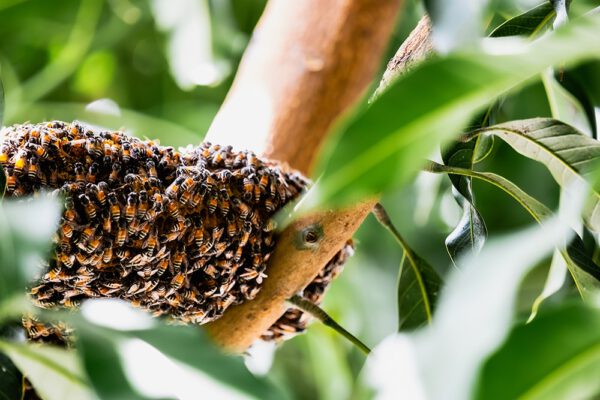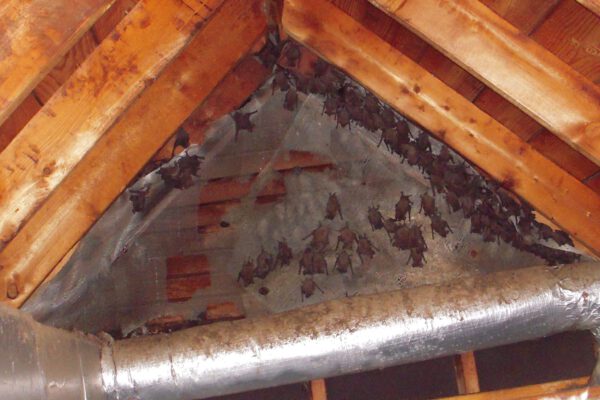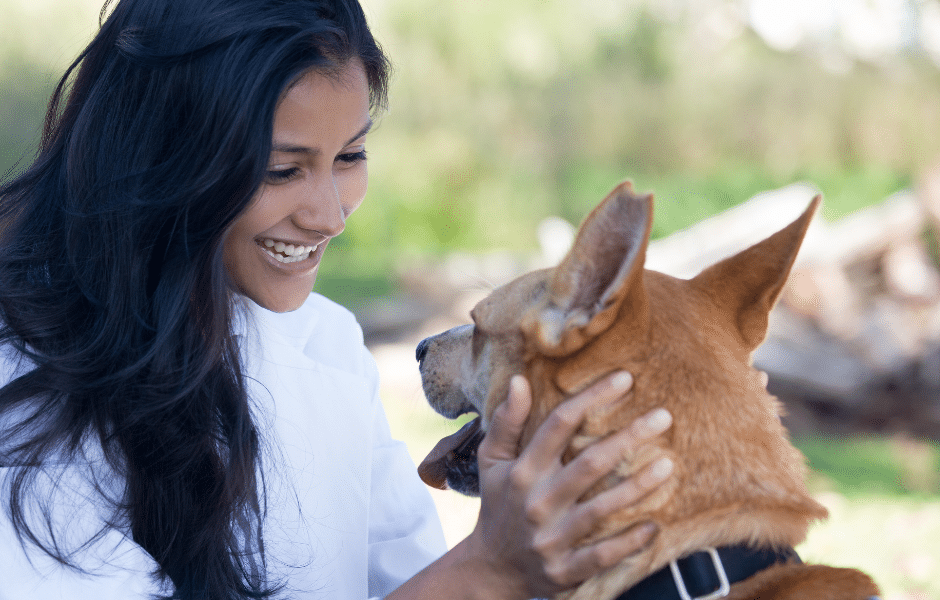
Animals play some significant roles in our human lives. Chickens lay the eggs we have each morning. Horses were once a primary means of transportation. And a puppy can teach a child their first lessons of genuinely caring for another. Many people are around animals every day of their lives. Still, few are aware of some alarming facts regarding the diseases that are transmitted in these interactions.
60 percent of all human diseases are transferred from animals to people.
And as researchers continue to discover new infectious diseases, the percentage slowly rises.
Defining Zoonotic Diseases
Diseases that are transferred from animals to humans are defined as Zoonotic diseases. The parasites, viruses, fungi, and bacteria found in or on an animal may cause severe illness and, in some cases, death in humans. Frequently, the animal itself will not appear to be sick.
The group of animals where zoonotic diseases are most common is livestock. Still, even your pets can spread dangerous illnesses and parasites.
Some animals that may spread diseases to humans are:
- Dogs and cats
- Ducks
- Turtles
- Cows
- Pigs
- Chickens
- Birds kept as pets
- Goats
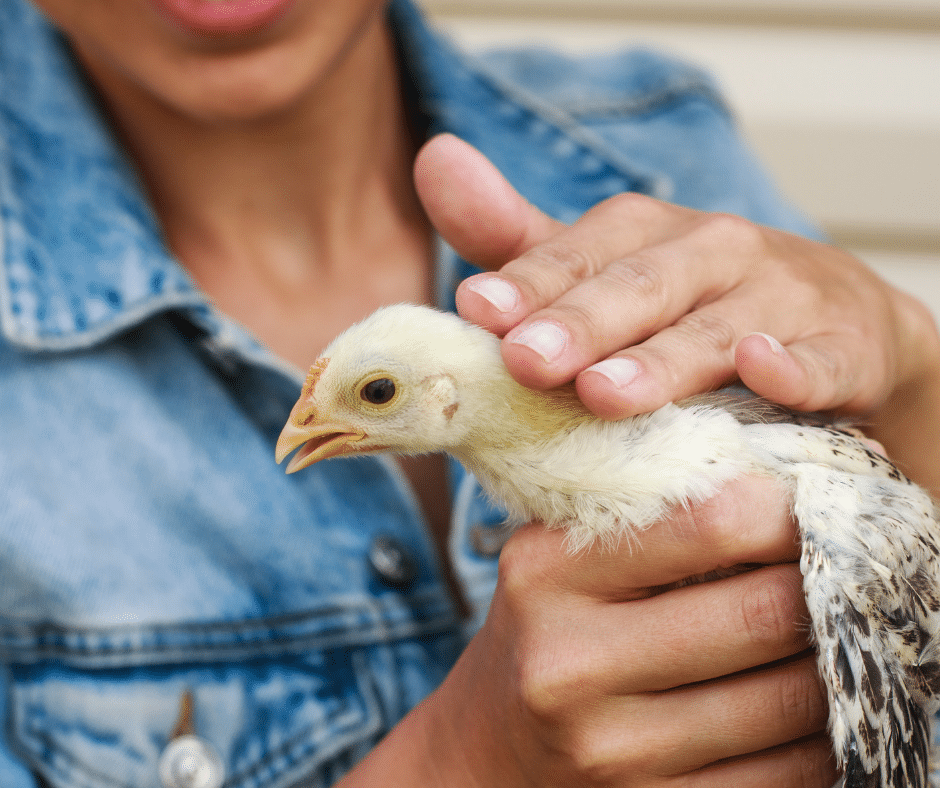
How Do the Germs Spread?
People interact with animals in so many ways. With these interactions, there is always a risk, especially if you are unaware of the animal’s health status.
Direct Contact: Direct contact involves interaction with an infected animal’s body fluids, like blood, urine, saliva, or waste. Simply petting is direct contact, as well as being bitten or scratched by the infected animal.
Indirect Contact: Interacting with the area or object that an infected animal has interacted with is considered indirect contact. Cleaning an aquarium tank, working in a chicken coop, filling your dog’s water bowl, and digging through the soil are examples of indirect contact.
Vector-borne: If you are bitten by an insect, there is a chance you have been exposed to a vector-borne illness. Ticks, fleas, and mosquitos are the main culprits for this transfer method.
Foodborne: Consuming unsafe foods that may be contaminated by an infected animal can be extremely dangerous. Unsafe foods include:
- Raw milk
- Undercooked meat
- Raw egg
- Unwashed or raw fruits and vegetables
Waterborne: Even water can be a source of Zoonotic Disease. You might drink, swim in, or handle water contaminated by an ill animal’s feces.
Types of Diseases That are Transmitted from Animals to Humans
The list of diseases that are transferred from animals to humans can go on and on. Suppose you interact with all sorts of animals regularly. In that case, you may want to get familiar with the dangerous illnesses you risk exposure to. For the average person, though, being aware of the most common zoonotic diseases is a perfect place to start.
Intestinal Illnesses
You are most likely to contract a zoonotic intestinal disease from consuming contaminated food. Intestinal diseases can even be spread through the feces of household pets like snakes, turtles, and lizards. Other animals that potentially carry disease-causing germs are kittens, puppies, goats, sheep, baby chicks, and many more.
Bacterial intestinal diseases include Campylobacteriosis, Escherichia coli O157:H7 Infection, Hemolytic Uremic Syndrome, and Salmonellosis. Cryptosporidiosis is an intestinal disease that actually comes from parasites.
Fever, stomach pain, and diarrhea are common symptoms of intestinal diseases that pass from animals to humans.
Lyme Disease
Caused by bacteria spread by ticks, Lyme Disease untreated can develop into a lifetime struggle. A tick bite can occur on a walk through the woods and go completely unnoticed. Ticks can also enter your home by hitching a ride on your dog or outside cat.
Initial signs of a tick bite infected with Lyme disease include a rash around the bite, fever, pains in muscle or joints, and headache. However, not all people show symptoms.
Lyme disease slowly causes nerve and heart inflammation, mental differences, and further pain without treatment.
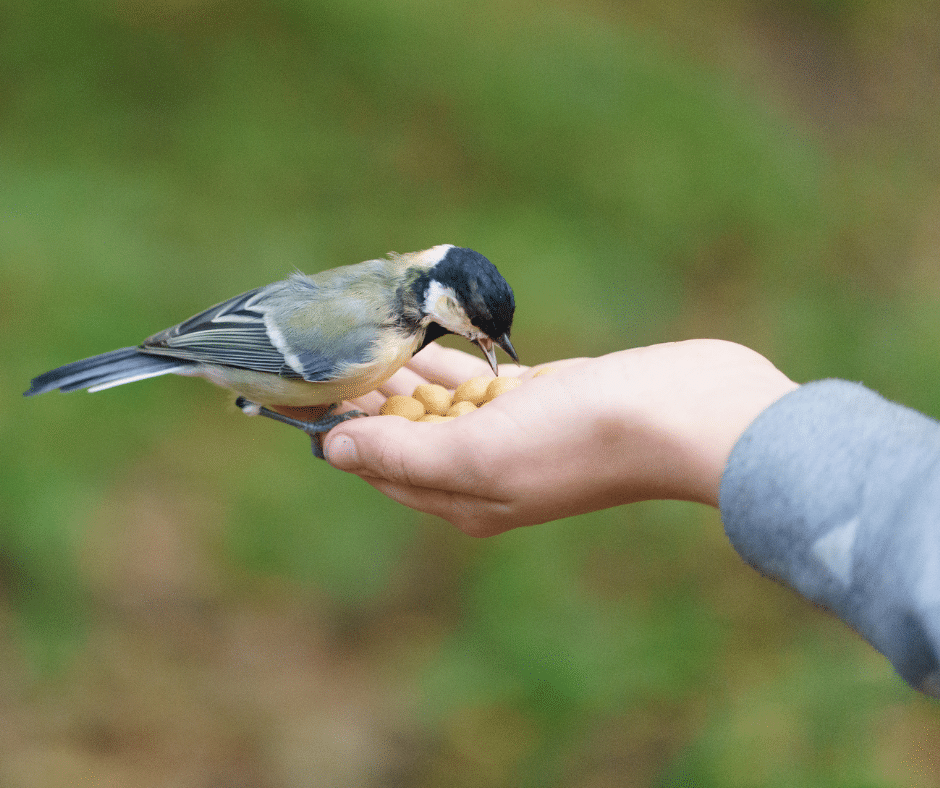
Ringworm
Ringworm is, in fact, a fungal infection causing itchy ring-shaped rashes all over the body. Because ringworm is highly contagious, it can be different to prevent. This zoonotic disease can be spread among the pets in your home, farm animals and humans, alike.
Although it’s a challenge to avoid, ringworm is very treatable.
Who is Most at Risk with Diseases That are Transmitted from Animals to Humans?
It seems there is a fairly standard answer for who is at risk for most diseases. So, this answer may not surprise you. Albeit, it needs to be said. Anyone can get ill from these interactions and zoonotic diseases. However, some would be at a higher risk for severe illness and even death. They include the following groups of people.
- Children under the age of five.
- Those over the age of 65
- Individuals with weak immune systems
- And women who are pregnant
The good news is that you can prevent getting sick. Here is how.
How to Protect Yourself Against Diseases That are Transmitted from Animals to Humans
Zoonotic diseases are found in your home, local parks and zoos, small and large farms, neighborhood schools, and grocery stores.
Diseases that go from animals to humans aren’t easy to avoid altogether. But, although they are very present in our human lives, there are plenty of ways to keep you and your loved ones protected.
Consider these tips to ensure your safety while enjoying the many benefits animals provide:
1. Wash hands with soap after having physical contact with animals or areas where animals have been.
If soap and water are not available, avoid touching yourself or others after interacting with animals.
Hand sanitizer is an excellent temporary cleanser but be sure to wash with soap and water as soon as possible. Hand sanitizer will not eliminate all disease causing germs that are transmitted from animals to humans.
2. When caring for your pets, follow safe handling practices.
Wear gloves when cleaning out litter boxes, aquarium tanks, birdcages, and other areas where animal feces may be present.
Sanitize your pet’s food and water dishes regularly.
Avoid contact with body fluids, like blood, urine, and saliva, especially if you are unaware of your pet’s current state of health.
Always wash your hands after cleaning up after your pet.
For reptiles, amphibians, and birds, be sure to wash your hands after handling them.
3. When venturing outdoors, wear insect repellent and appropriate clothing to avoid ticks, fleas, and mosquito bites.
4. Know the safe temperatures for cooking all meats, and be sure to wash your vegetables and fruits.
5. Be aware if you choose to go to a zoo or petting farm.
Wash your hands often and before you get in the car to go home.
Leave shoes outside, then clean them before reentering the home.
Remind youngsters to keep their hands out of their mouths and eyes and help them remember to wash their hands well.
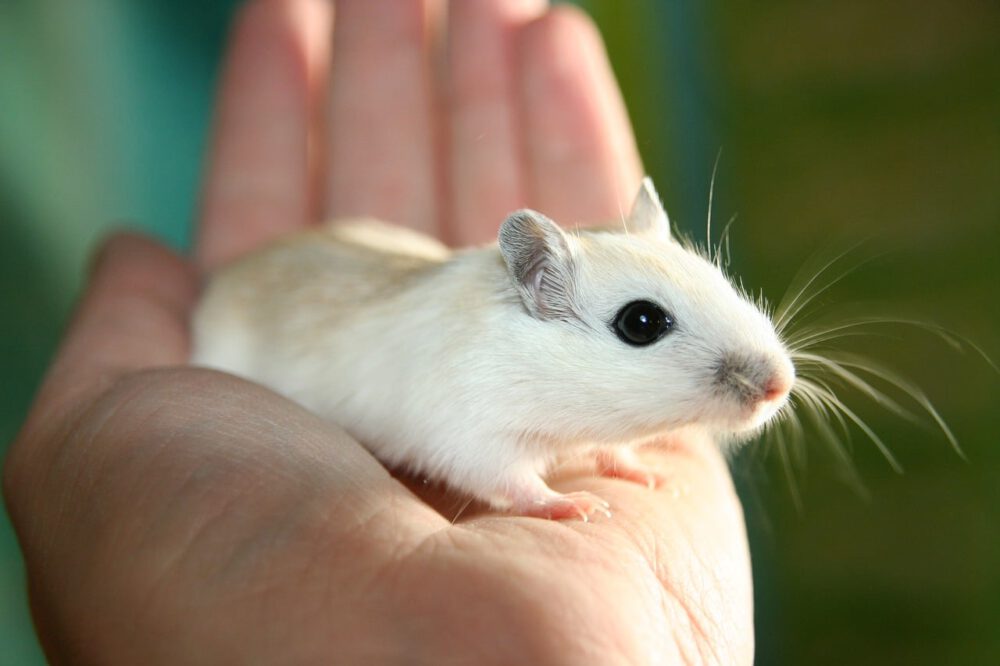
Keep Wild Animals Out of Your Home
Unless they are your pets, animals should not be in the home. Well, of course. But there are those unfortunate times when a rat gets in the attic, or a bird gets in the front door, and so on. That is why Covenant Wildlife Removal is here.
You see, many homeowners who keep their house relatively clean wonder how they could possibly have a mouse or rat issue. Covenant Wildlife Removal suggests ways to protect your home from unwanted critters all year long. Here is how.
- Be on the lookout for droppings indicating a rodent is in the house.
- Remember, many animals can fit in the tiniest of places. So, check the doors and windows for broken seals that need repair.
- Install screens on windows and doors that you open.
- Seal all cracks in the exterior of the house.
- Cover vent openings, gutter downspouts, and the house’s chimney with screening.
- Keep your food supply safe by utilizing canisters with lids that seal shut.
- Secure garbage can lids and keep them inside the garage as much as possible.
- Check attics and basements often for evidence of activity regularly.
- Keep the yard free of overgrowth, trimmed, and bushes cut back.
- Remove yard junk and debris.
- Store firewood far away from the house and on a stand if you have one.
Finally, know that our job is to remove all rodents from your home, attic, walls, and crawlspaces should they sneak in. We do not want your family exposed to the diseases they can transmit. And our team will disinfect and sanitize the areas of infestation as well.
Keeping you and your family safe and free of unwanted animals is our pleasure.
Contact our friendly staff for expert wildlife and rodent removal today!


